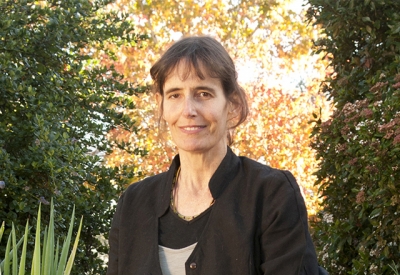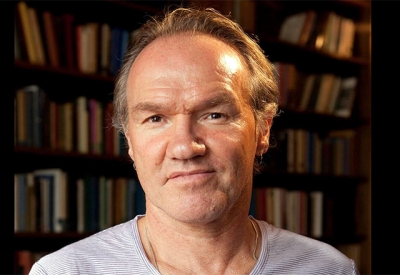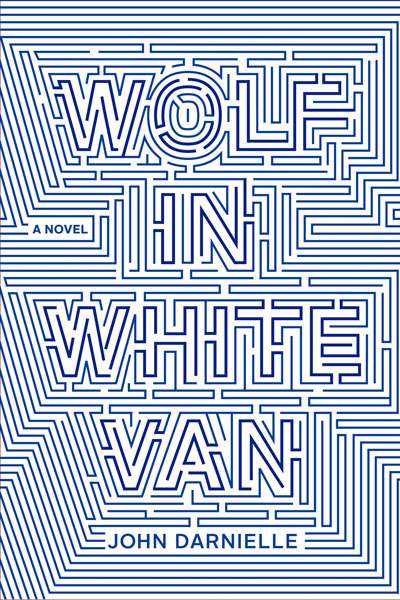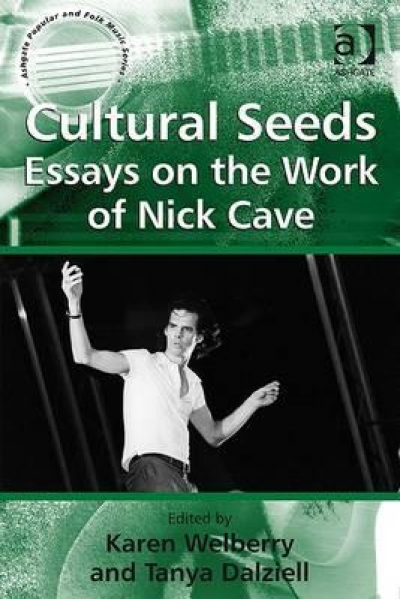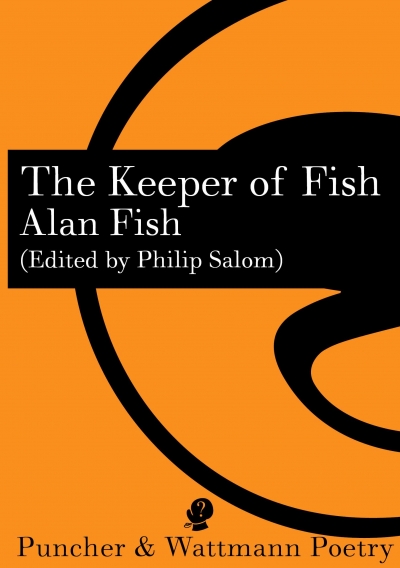March 2010, no. 319
Nick Cave, against the odds, is one of the great survivors of Australian music. Cave, who made his first recording in 1978 and established his international reputation after moving to London in 1982, has experienced critical and popular success with a variety of musical ventures including The Boys Next Door, The Birthday Party, Grinderman and, most notably, The Bad Seeds. It is a measure of Cave’s durability that it is difficult to think of any other Australian rock act, with the exception of AC/DC, that has maintained an international profile for such an extended period. It is also salutary to consider how few of the international acts that emerged from the punk and post-punk moment of the late 1970s are still making high-profile and critically acclaimed music.
Cave’s ambitions have not been limited to music. As the dust jacket to Cultural Seeds proclaims, he is ‘now widely recognized as a songwriter, musician, novelist, screenwriter, curator, critic, actor and performer’. With the years, Cave has won a larger audience as the range and scope of his talent have been manifest in various forms of cultural production. His oeuvre includes works of fiction (And the Ass Saw the Angel, 1989; The Death of Bunny Munro, 2009) and a film script (The Proposition, 2005).
























